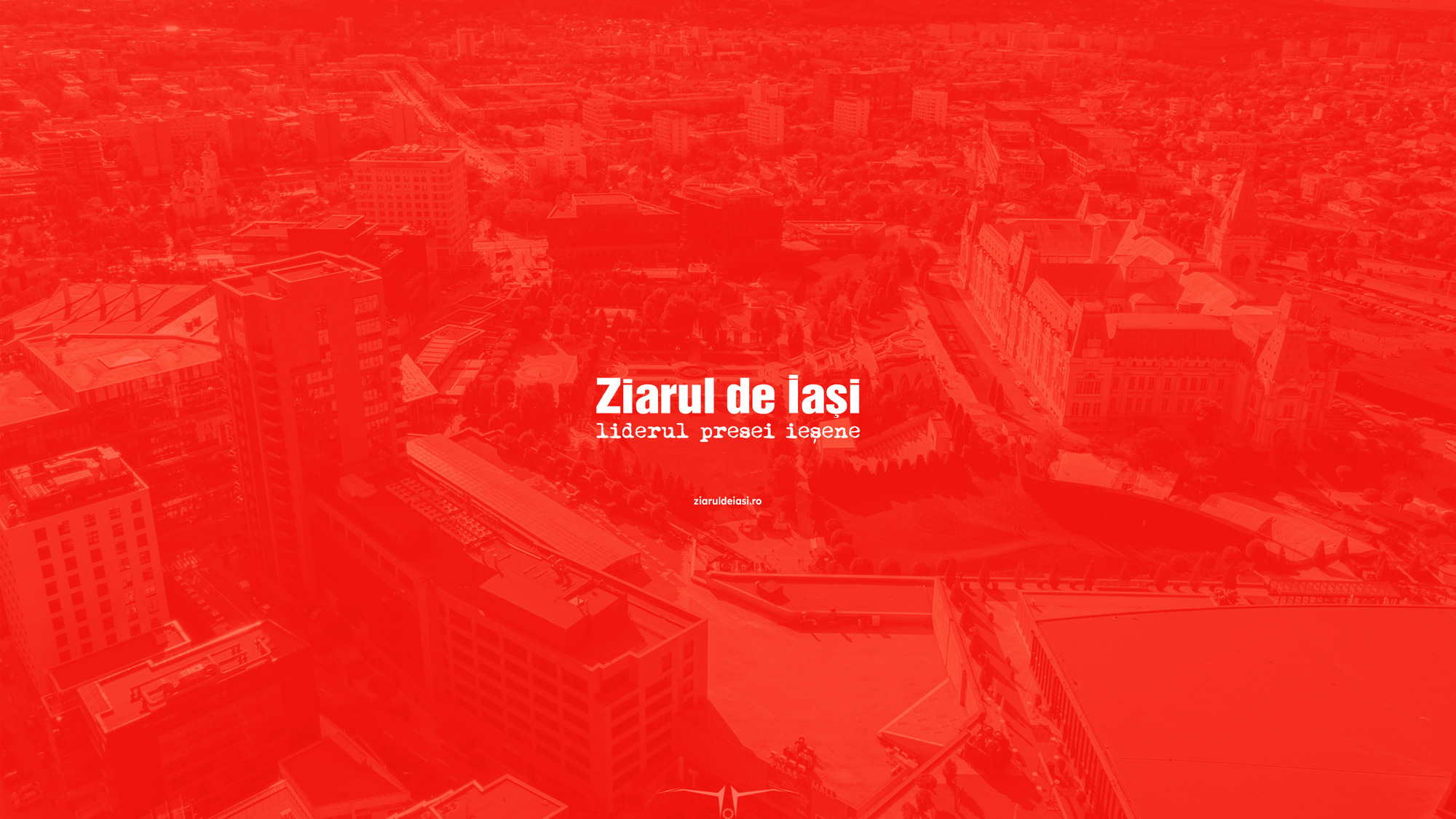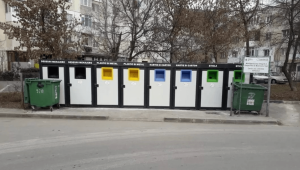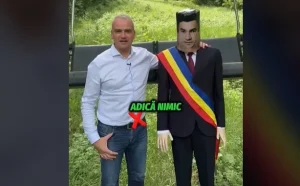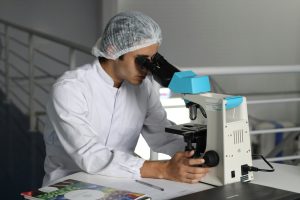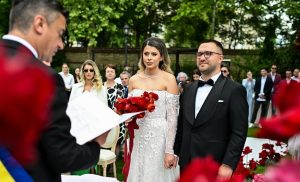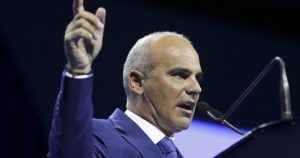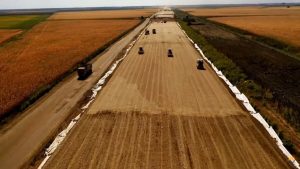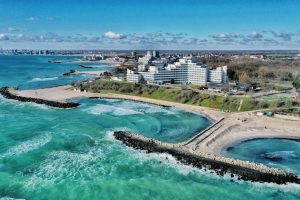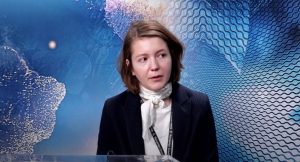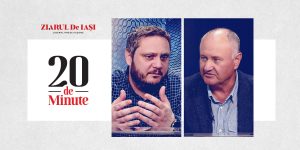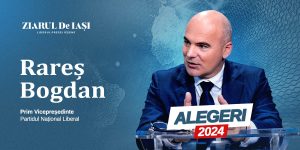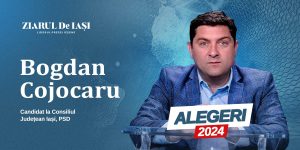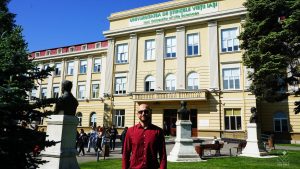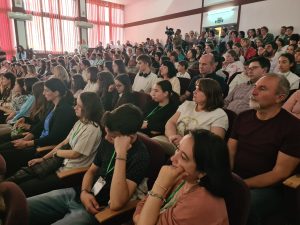
An electoral campaign is interesting not only because of the topics it tackles but also by the ones it avoids. The big absent in the campaign that has just started is the nationalism. For now, at least. This is the big difference comparing to the previous electoral confrontations. The nationalist discourse dominated the 1990, 1992 and 1996 campaigns. PDSR (the Romanian Social Democracy Party) had launched it on the market as a diversion method to sidetrack the attention from the weak realizations of the government and PRM (the Big Romania party) and PUNR (the Romanian National Union Party) had used it to capitalize sympathy in default of other political offers. Besides populism, the nationalism was the factor that has mostly poisoned the atmosphere of the electoral debates until now. In this year campaign the populism reappeared but the nationalism is still waited for.
Is this observation a reason of optimism? Probably not. The lack of nationalism in the public debate is not the effect of the parties’ lack of vocation in the field of patriotic demagogy, but the result of some strategic calculations.
PDSR, the main beneficiary of the nationalist discourse, has well-grounded reasons this time to refrain from risking declarations. The first of them refers to the precariousness of the extern image of the party and of its leader, Ion Iliescu. Among the first three things that are reproached in the occident to the former President there is nationalism. No one can forget the fact that Iliescu regime cultivated suspicion towards the Hungarians and favored the inter-ethnic conflicts. A second reason for which PDSR doesn’t plus on the nationalist aspect is the calculation regarding the future governing coalition. The PDSR leaders don’t keep secret any more the availability to associate with UDMR (the Democratic Union of Hungarians in Romania) for the government. This mutation would solve a big part of the problem of extern image deficit of Iliescu’s party. UDMR seems to show that it is available to such an alliance too, and almost half of the Hungarian electorate pleads for the maintenance of the Union at the power. The third motive sends us exactly to UDMR affiliation to the present governmental coalition. The people saw that sharing the power with UDMR did not lead either to Transylvania’s secession or to inter-ethnic conflicts. Let’s name a fourth reason too: the electoral score PDSR has now, a "paranormal" one, someone said, allows it to avoid the nationalist extravagances. The populism is enough to attract the people. Finally, a last motive we would like to mention is the disappearing of the super-themes in this electoral campaign. The nationalism is no more an electoral stake, nor the Manichaeism relying on the distinction communist-anticommunist. The nationalism hasn’t disappeared but it has taken other masks to wear. Let’s not forget that PDSR won good points during the four years of governing of the opposition by exploiting the nationalist themes. Whoever follows the diachronic evolution of the current administration in the polls will notice that the moments during which it registered an important diminishing is relied to the scandals with a nationalist substrate: the issue of the multicultural university, the scandal of the alternative school books, the dispute on the monument in Arad or the tension provoked by the authorities’ approval of NATO’s intervention in Yugoslavia. PDSR took care to start apprehension movements or to flatter the Romanians’ qualities, in order to win votes.
Unfortunately, the nationalist discourse weaknesses have only haphazard causes. This is only in a small measure the sign of political culture maturity.
This area is still sensitive. It is quite probable that PDSR profit by the opportunities of nationalism in order to add some points to its already incredible poll percentage, if there comes an occasion for it and if PDSR was not considered to be source of the problem. (Adrian CIOFLANCA)

